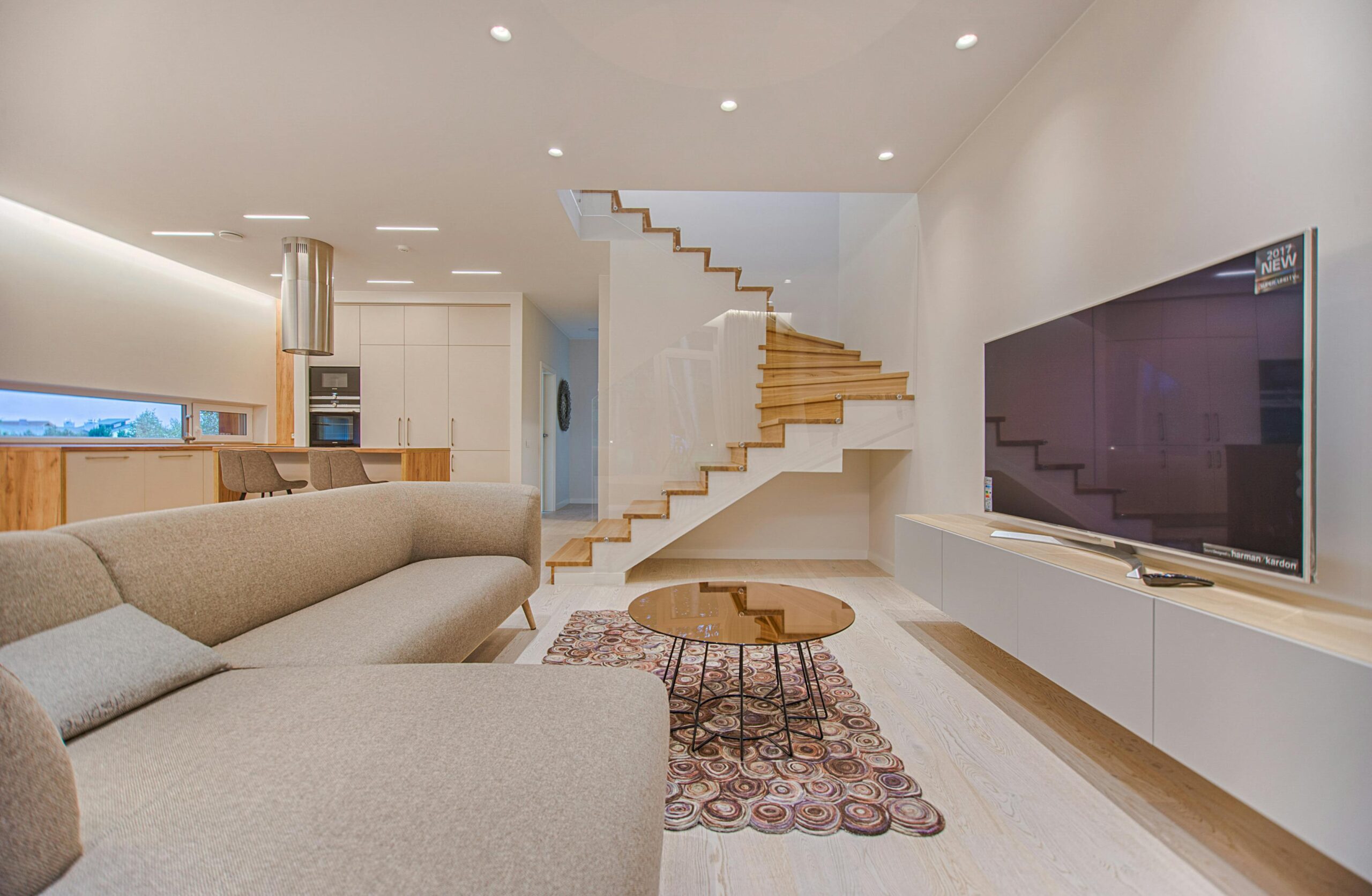- Mon - Sat 8:00 - 6:30, Sunday - CLOSED
- support@soundproofhub.com
Best Insulation for Basement Ceilings

Best Insulation for Basement Ceilings
Insulating your basement ceiling is an essential step toward creating a comfortable and energy-efficient home. Whether you’re dealing with a cold floor above the basement or simply looking to soundproof your basement, choosing the right insulation can make all the difference.
In this article, we will explore the best insulation options for basement ceilings, discuss their pros and cons, and provide tips for proper installation.
Why Insulate Your Basement Ceiling?
Energy Efficiency
Insulating your basement ceiling can significantly reduce heat loss, leading to lower energy bills. A well-insulated basement ceiling prevents cold air from seeping into the living spaces above, ensuring a consistent indoor temperature throughout your home.
Soundproofing
One of the primary reasons homeowners seek basement ceiling insulation is to reduce noise transmission. Whether it’s to block out noisy neighbors or to create a quiet space in your basement, soundproof insulation materials like acoustic foam and fiberglass can be highly effective.
Moisture Control
Proper insulation also helps in managing moisture levels in your basement. By using the right insulation, you can prevent condensation and mold growth, protecting your home’s structure and indoor air quality.
Types of Basement Ceiling Insulation
Fiberglass Insulation
Fiberglass insulation is a popular choice for basement ceilings due to its affordability and ease of installation. It is available in batts or rolls and can be installed between ceiling joists.
Pros:
- Cost-effective
- Easy to install
- Good thermal performance
Cons:
- Can sag over time
- Not the best for soundproofing
Spray Foam Insulation
Spray foam insulation provides excellent thermal and soundproofing properties. It expands to fill gaps and adheres well to surfaces, making it ideal for irregularly shaped spaces.
Pros:
- High R-value (thermal resistance)
- Great for soundproofing
- Creates an air-tight seal
Cons:
- Expensive
- Requires professional installation
Rigid Foam Insulation
Rigid foam insulation is known for its high insulating value and moisture resistance. It comes in panels that can be cut to fit between joists.
Pros:
- High R-value
- Moisture resistant
- Durable
Cons:
- Can be more expensive than fiberglass
- Requires precise cutting and fitting
Blown-in Insulation
Blown-in insulation is ideal for filling gaps and hard-to-reach areas. It is made of loose fibers that are blown into the ceiling cavity using specialized equipment.
Pros:
- Good coverage of irregular spaces
- Excellent for retrofitting
Cons:
- Can settle over time
- Requires professional installation
Choosing the Right Insulation
When selecting insulation for your basement ceiling, consider the following factors:
Climate
Your local climate will influence the type of insulation you need. In colder climates, you’ll want insulation with a higher R-value to retain heat. In warmer climates, moisture resistance becomes more critical.
Budget
Your budget will also play a significant role in determining the best insulation option. Fiberglass is the most cost-effective, while spray foam and rigid foam insulation tend to be more expensive but offer better performance.
Soundproofing Needs
If soundproofing is a priority, consider materials like spray foam or acoustic foam. These materials have superior sound-dampening properties compared to traditional fiberglass insulation.
Cost Considerations
The cost of insulating your basement ceiling can vary based on the type of insulation you choose and the size of your basement. Here’s a rough estimate:
- Fiberglass Insulation: $0.50 – $1.50 per square foot
- Spray Foam Insulation: $1.50 – $3.00 per square foot
- Rigid Foam Insulation: $1.00 – $2.50 per square foot
- Blown-in Insulation: $1.00 – $2.00 per square foot
Keep in mind that these costs can vary depending on your location and whether you choose to hire a professional or do it yourself.
Installation Tips
Preparing the Space
Before installing insulation, make sure the area is clean and dry. Remove any old insulation, debris, or mold, and repair any leaks or structural damage.
Installing Fiberglass Insulation
- Measure the space between the joists.
- Cut the fiberglass batts or rolls to fit snugly between the joists.
- Place the insulation with the vapor barrier facing up towards the living space.
- Secure the insulation with wire or insulation supports.
Installing Spray Foam Insulation
- Hire a professional to ensure proper application.
- The professional will spray the foam directly onto the ceiling joists, filling gaps and creating an airtight seal.
Installing Rigid Foam Insulation
- Measure and cut the rigid foam panels to fit between the joists.
- Place the panels snugly between the joists.
- Seal the edges with spray foam or caulk to prevent air leaks.
Installing Blown-in Insulation
- Hire a professional with the necessary equipment.
- The professional will blow loose fibers into the ceiling cavity, filling gaps and providing comprehensive coverage.
Conclusion
Choosing the right insulation for your basement ceiling can improve energy efficiency, enhance comfort, and reduce noise transmission. Whether you opt for fiberglass, spray foam, rigid foam, or blown-in insulation, each type has its unique benefits. Consider your specific needs, budget, and climate when making your decision.
Proper installation is key to maximizing the effectiveness of your insulation, so be sure to follow best practices or hire a professional if needed.
FAQ
What is the average cost to insulate a basement ceiling?
The average cost to insulate a basement ceiling ranges from $0.50 to $3.00 per square foot, depending on the type of insulation used and whether you hire a professional.
Is it worth insulating the basement ceiling?
Yes, insulating the basement ceiling is worth it as it can improve energy efficiency, reduce noise, and help manage moisture levels in your home.
Can I install insulation myself?
Yes, you can install insulation yourself, especially with materials like fiberglass or rigid foam. However, for spray foam or blown-in insulation, it’s recommended to hire a professional.
What is the best insulation for soundproofing?
Spray foam and acoustic foam insulation are considered the best options for soundproofing due to their superior sound-dampening properties.
How do I choose the right insulation for my basement ceiling?
Consider factors like climate, budget, and soundproofing needs when choosing insulation. Fiberglass is affordable, while spray foam and rigid foam offer better performance at a higher cost.
For more detailed information and resources, consider visiting Energy.gov and Home Depot for guidance on insulation options and installation techniques.




Muhammad Zeeshan
Muhammad Zeeshan is an SEO expert and content writer, specializing in link building (SaaS, Tech, Business, and Home Improvements). I am very passionate about search engine optimization, backlink building, and guest blogging. I can help you in attracting a new audience and in achieving a higher rating.